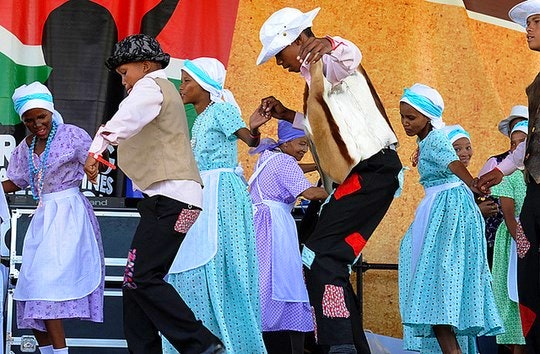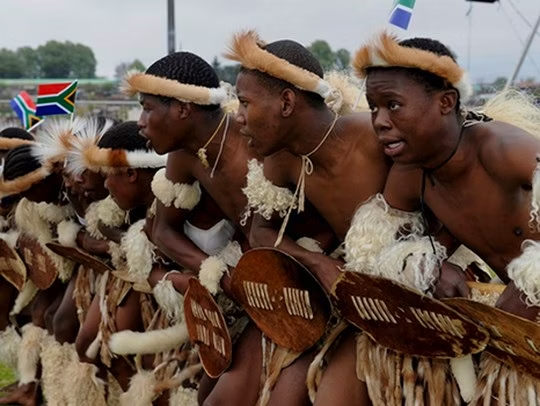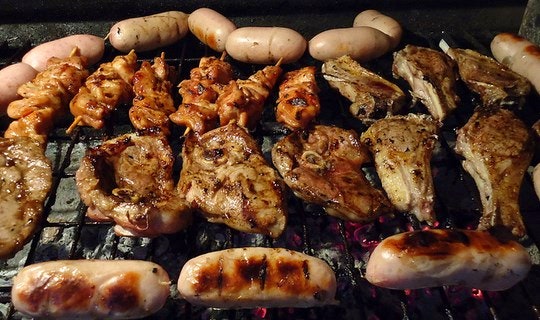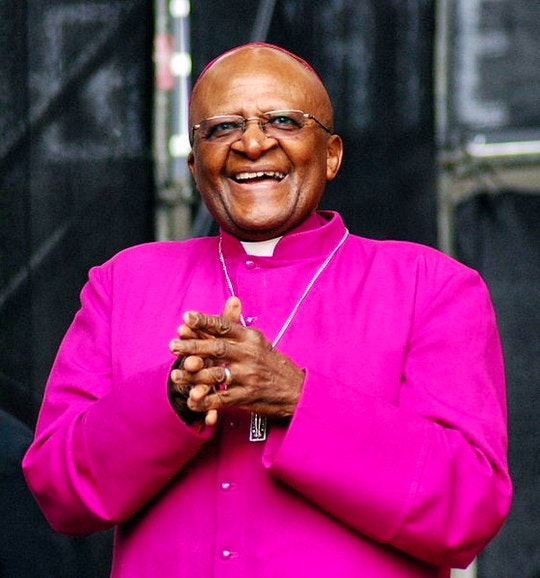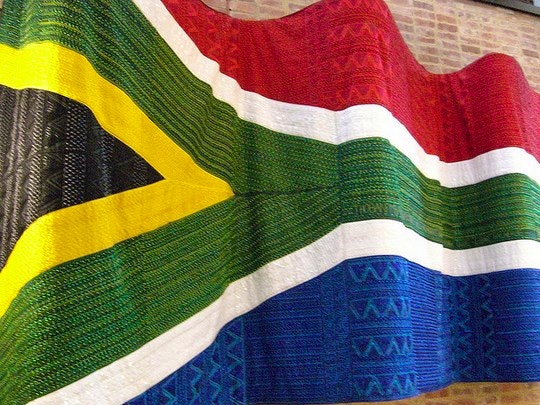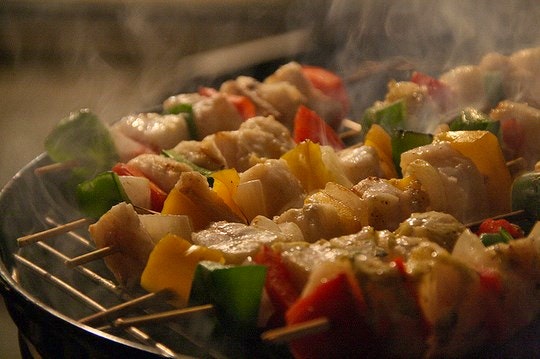So, what is Heritage Day all about?
Roseanna McBain, 10 September 2013
Reading time: 5 minutes
With Heritage Day (also known as National Braai Day) coming up in a few short weeks, I felt that it was time to learn a little more about what the actual public holiday stood for; just so my friends can view it as more than a day off where we bond over braai vleis, fun, and a little bit of dop. I mean, that’s not all there is to it, right?
Background
Because our country is as diverse as it is beautiful, Heritage Day was chosen as a day that all citizens of our vast rainbow nation could celebrate what makes them and their culture unique. The unifying factor being that each culture, race, and creed is different but each can understand the mutual need to have a celebration of their heritage and traditions. This sounds fantastic right, a day where we as SA citizens can celebrate our individuality?!
But, then why isn’t this day more widely known as a day of cultural expression, and what about that mention I’ve heard about the uniting Zulu warrior King’s involvement with it?
Yeah, what about King Shaka?
The observant among you (I’m going to guess that you’re likely from KZN) will note that I haven’t yet mentioned the fact that the 24th of September is also considered to be King Shaka Day. This was seen by many as a day to honour the famous Zulu King, Shaka Zulu, who united his people. (You’re catching onto the theme of unity now, aren’t you?)
You see, way back when, on the day the public holidays for South Africa were being chosen and debated by serious men, the list of chosen public holidays did not include 24 September, which, as noted above, was informally known as King Shaka Day.
When the IFP (Inkatha Freedom Party) saw this oversight, they knew their members would be angered at the omission of this important cultural day. Ever since King Shaka’s death, it has become an annual tradition for Zulu warriors and kings to gather at his grave in Stanger, to honour him on the 24th of September.
The IFP also realised that all South Africans should have a day to celebrate their diverse cultural heritage, and since Shaka Zulu stood for unifying his people, why couldn’t his designated day carry on that meaning for all South African citizens as well? Subsequently, Heritage Day was created.
In short: Heritage day came about thanks to the IFP acknowledging that South Africans should celebrate their unique heritage, as well as their underlying unity, on this public holiday.
So, why’s it also called National Braai Day?
Braai’s have, over the years, become synonymous with a social gathering spent outdoors, involving flame-cooked foods, beverages (usually alcoholic), and good conversation. There’s also, almost always, a sports match on somewhere in the background.
Mzansi Braai Institute tapped into the collective trait that every South African citizen loves a good braai, and came up with the idea that despite our mixed heritage and different traditions, all rainbow nation citizens enjoy the fellowship and sense of community that a braai brings out. The nickname “National Braai Day” came about in 2005, and this tradition was later continued by Braai4Heritage.
In short: A rallying cry came stating SA citizens should braai on Heritage Day to celebrate our common roots, along with our differences.
Patron of the Braai
Originally, in 2007, the National Heritage Council considered the idea of letting Heritage Day advocate braaing, but promptly turned their noses up at the thought of reducing a national cultural celebration into a mere day of food, fire, and fun. However a year later, in 2008, they decided to throw their endorsement behind the braai idea, since it had been eagerly embraced by the public.
Amazingly, many South Africans don’t know that Desmond Tutu, our internationally renowned Emeritus Archbishop, was appointed patron of the South African Braai Day, and his official title is “National Spokesperson for Braai Day”.
So this Boils Down to …
Desmond Tutu, since becoming the Heritage Day braai patron, has been quoted as saying “We’re going to have this wonderful thing on the 24th of this month … when we all gather around one fire”.
In short: This act of fellowship around the fire, sharing broodjies, walkie talkies, curries, vleis, dop, and having a good time, is the very spirit of Heritage Day that the IFP were hoping to create.
Tutu then carried on with his quote: “Irrespective of your politics, of your culture, of your race, of your whatever, this thing we do together (hierdie ding doen ons saam). We’re just South African’s doing one thing together and recognizing that we are a fantastic nation.”
What is a Braai vs a Barbecue / Barbeque?
If you’re confused about the braai/barbeque difference, I’ll explain it simply: In South Africa we cook outdoors in the elements with our food (meats / mielies / veg) suspended over a wood-burning / coal-burning fire. We do not barbeque, or barbecue, or however you spell it, by which technology and fancy gadgets tell the barbecue attendee when the gas-cooked meat is ‘just right’. If you can’t trust your instincts as to whether your meat is correctly done, then you can’t say you can braai. You will be demoted to a mere barbecuer, at best.
I hope that after reading this, you have a better understanding of Heritage Day (so fellowship, culture, and feasting are what this day is all about, after all)!
Let us know what you’ll be doing to celebrate Heritage Day this year.
Main image credited to Ian Barbour (Flickr)
